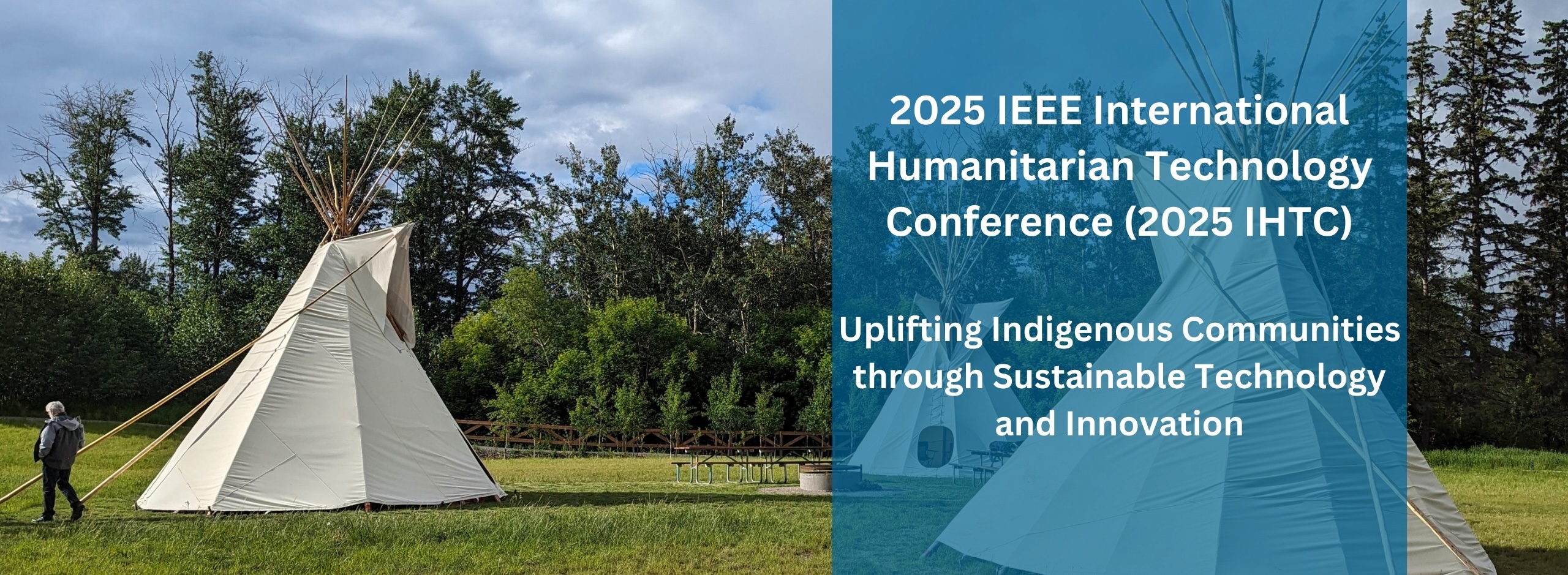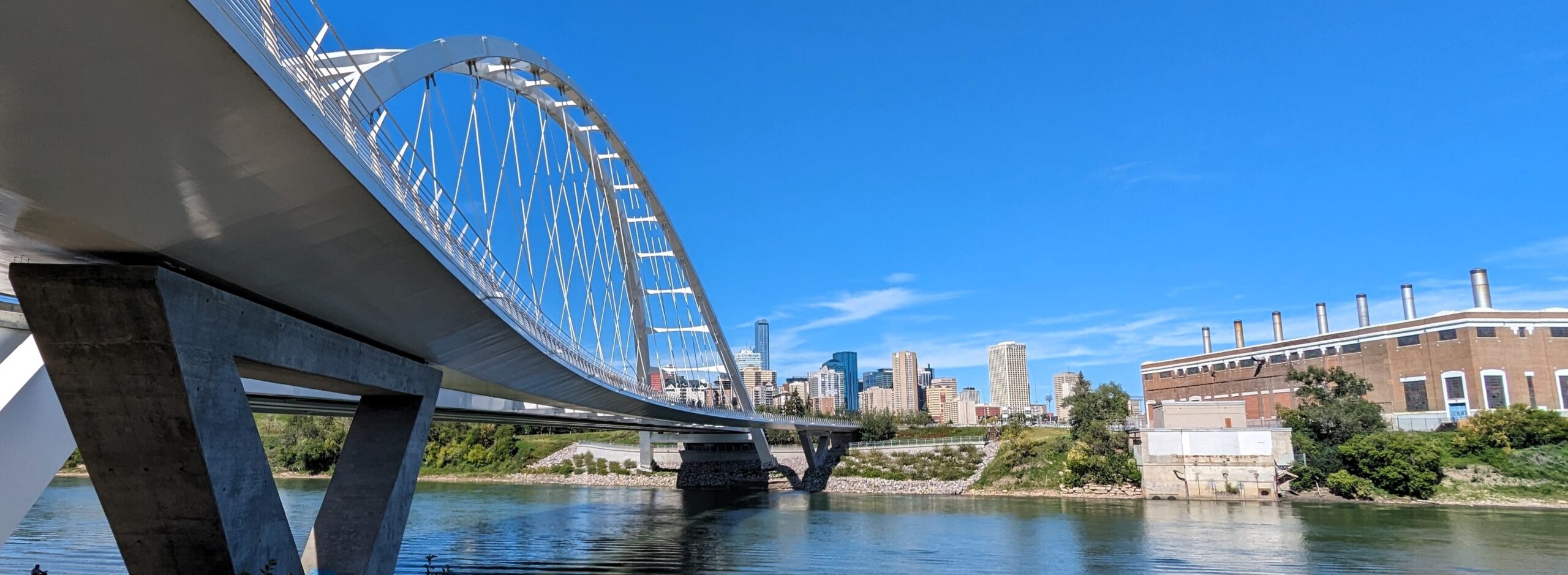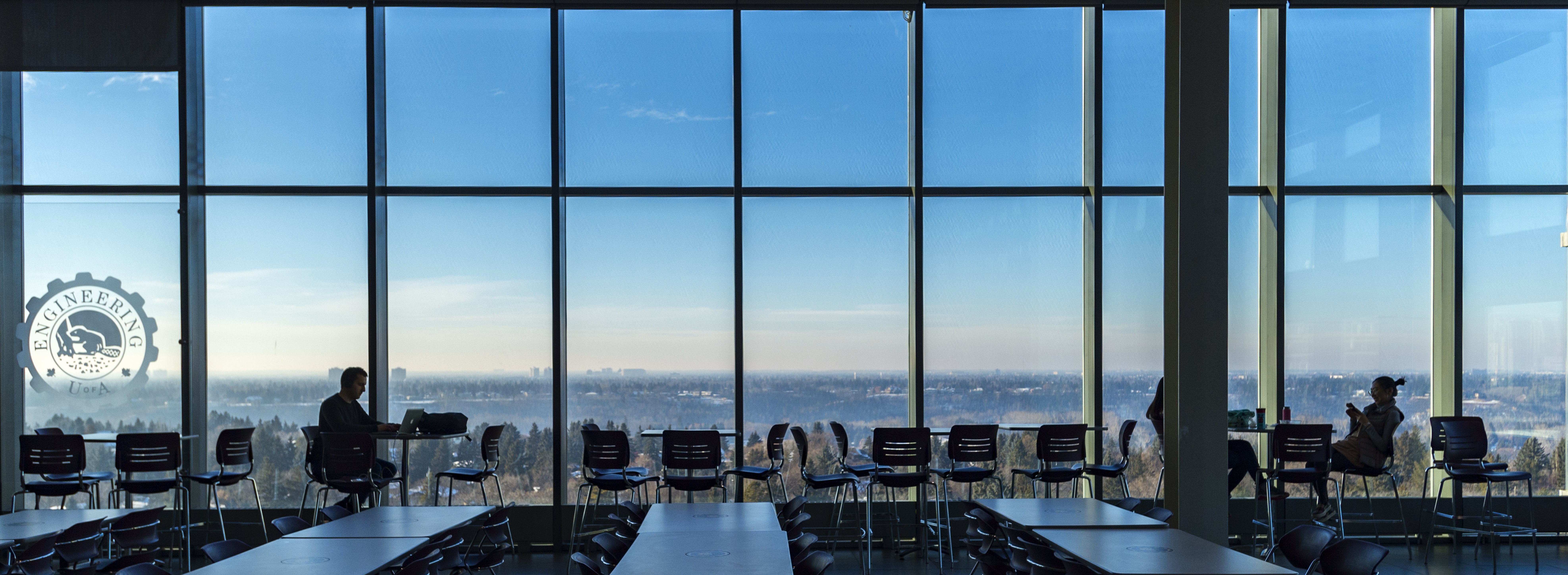Special Session 1: Emerging Communication and Wearable Technologies for Healthcare, Wellbeing, and Occupational Safety
Chairs
Niamat Hussain (niamat.hussain@glasgow.ac.uk) University of Glasgow, United Kingdom
Gaang Lee (gaang@ualberta.ca) University of Alberta, Canada
Description
The rapid advancements in wearable technologies, advanced communication systems, and sensor integration are driving innovation not only in healthcare but also in occupational safety and wellbeing. This special session will provide a platform for researchers, engineers, and industry professionals to present and discuss cutting-edge applications of wearable devices, sensing platforms, antenna systems, and communication technologies, which support healthcare, medical diagnostics, remote patient monitoring, occupational safety and health, and overall wellbeing. The session aims to bridge the gap between electromagnetics, biophotonics, biomedical/biomechanical engineering, and wireless communication to enhance modern healthcare solutions and safer work environments.
Topics of Interest
- Wearable and implantable antennas for biomedical applications
- Antennas for remote health monitoring and telemedicine
- Wireless power transfer and energy harvesting for medical devices
- RF-based sensing for applications (e.g., vital sign monitoring, imaging) for healthcare and workplace safety
- IoT-Enabled Healthcare and Safety Solutions
- High-frequency antennas for biomedical imaging and treatment
- Antennas for assistive technologies and rehabilitation devices
- Smart hospitals and connected healthcare environments
- Wearable/ Smart Textiles technologies for occupational safety and health monitoring
- Exoskeletons for worker safety and rehabilitation
Special Session 2: Education for Underprivileged Communities
Chair
Zahra Nazari (zahranazari@cunet.carleton.ca) Carleton University, Canada
Description
This session addresses the global challenge of educational inequality, focusing on how innovative technologies can expand access to quality education in marginalized and low-income regions. With over 250 million children out of school, especially in low-income countries, the session supports IEEE IHTC’s mission and the UN’s Sustainable Development Goal 4 (Quality Education).
Topics of Interest
- Technology-enabled learning in low-resource settings
- Mobile education platforms using offline apps
- AI-driven personalized learning to tailor content and support where teachers are scarce
- Culturally relevant content in local languages
- Teacher training and digital capacity building
This session highlights practical, evidence-based uses of humanitarian technologies to democratize education and empower underserved communities, ensuring no learner is left behind.
Special Session 3: Artificial Intelligence Empowering Sustainable Energy
Chairs
Muhammad Aslam (muhammad.aslam.2@glasgow.ac.uk) University of Glasgow, United Kingdom
Nasir Ali (alin49@mcmaster.ca) McMaster University, Canada
Description
Artificial intelligence (AI) is becoming indispensable in driving the transformation toward sustainable energy, enhancing efficiency, reliability, and resilience. This special issue seeks high-quality, innovative contributions that demonstrate AI’s potential to shape sustainable energy systems.
Topics of Interest
- Forecasting and Optimization
- AI-based forecasting for renewable energy generation, load demands, and energy price
- Intelligent optimization for efficient energy management, resource allocation, and real-time dispatch
- EV and Renewable Energy Integration
- Solutions for seamless integration of distributed renewable resources
- Integration of electric vehicles (EVs) and vehicle-to-grid (V2G) services
- Energy Markets and Policy
- AI-enabled market analytics, price forecasting, energy trading strategies, and risk management
- AI-supported policy analysis and decision-making frameworks for sustainable energy transitions
- Smart Grids
- Optimal microgrid control, islanding operations and microgrids for services and emergency backup
- Power systems, power flow analysis with the integration of renewables and EVs
- Energy Efficiency and Emission Reduction
- AI-powered analytics for energy-efficient buildings, facilities, and smart cities
- Behavioral analytics for promoting sustainable energy use and reducing carbon footprints
Below is the list of special sessions accepted for the conference. Presenters interested in contributing, whether through presentation-only or paper-based submissions, are invited to contact the respective session chair with a brief description of their proposed topic.
Special Session 1: Emerging Communication and Wearable Technologies for Healthcare, Wellbeing, and Occupational Safety
Chairs
Niamat Hussain (niamat.hussain@glasgow.ac.uk) University of Glasgow, United Kingdom
Gaang Lee (gaang@ualberta.ca) University of Alberta, Canada
Description
The rapid advancements in wearable technologies, advanced communication systems, and sensor integration are driving innovation not only in healthcare but also in occupational safety and wellbeing. This special session will provide a platform for researchers, engineers, and industry professionals to present and discuss cutting-edge applications of wearable devices, sensing platforms, antenna systems, and communication technologies, which support healthcare, medical diagnostics, remote patient monitoring, occupational safety and health, and overall wellbeing. The session aims to bridge the gap between electromagnetics, biophotonics, biomedical/biomechanical engineering, and wireless communication to enhance modern healthcare solutions and safer work environments.
Topics of Interest
- Wearable and implantable antennas for biomedical applications
- Antennas for remote health monitoring and telemedicine
- Wireless power transfer and energy harvesting for medical devices
- RF-based sensing for applications (e.g., vital sign monitoring, imaging) for healthcare and workplace safety
- IoT-Enabled Healthcare and Safety Solutions
- High-frequency antennas for biomedical imaging and treatment
- Antennas for assistive technologies and rehabilitation devices
- Smart hospitals and connected healthcare environments
- Wearable/ Smart Textiles technologies for occupational safety and health monitoring
- Exoskeletons for worker safety and rehabilitation
Special Session 2: Education for Underprivileged Communities
Chair
Zahra Nazari (zahranazari@cunet.carleton.ca) Carleton University, Canada
Description
This session addresses the global challenge of educational inequality, focusing on how innovative technologies can expand access to quality education in marginalized and low-income regions. With over 250 million children out of school, especially in low-income countries, the session supports IEEE IHTC’s mission and the UN’s Sustainable Development Goal 4 (Quality Education).
Topics of Interest
- Technology-enabled learning in low-resource settings
- Mobile education platforms using offline apps
- AI-driven personalized learning to tailor content and support where teachers are scarce
- Culturally relevant content in local languages
- Teacher training and digital capacity building
This session highlights practical, evidence-based uses of humanitarian technologies to democratize education and empower underserved communities, ensuring no learner is left behind.
Special Session 3: Artificial Intelligence Empowering Sustainable Energy
Chairs
Muhammad Aslam (muhammad.aslam.2@glasgow.ac.uk) University of Glasgow, United Kingdom
Nasir Ali (alin49@mcmaster.ca) McMaster University, Canada
Description
Artificial intelligence (AI) is becoming indispensable in driving the transformation toward sustainable energy, enhancing efficiency, reliability, and resilience. This special issue seeks high-quality, innovative contributions that demonstrate AI’s potential to shape sustainable energy systems.
Topics of Interest
- Forecasting and Optimization
- AI-based forecasting for renewable energy generation, load demands, and energy price
- Intelligent optimization for efficient energy management, resource allocation, and real-time dispatch
- EV and Renewable Energy Integration
- Solutions for seamless integration of distributed renewable resources
- Integration of electric vehicles (EVs) and vehicle-to-grid (V2G) services
- Energy Markets and Policy
- AI-enabled market analytics, price forecasting, energy trading strategies, and risk management
- AI-supported policy analysis and decision-making frameworks for sustainable energy transitions
- Smart Grids
- Optimal microgrid control, islanding operations and microgrids for services and emergency backup
- Power systems, power flow analysis with the integration of renewables and EVs
- Energy Efficiency and Emission Reduction
- AI-powered analytics for energy-efficient buildings, facilities, and smart cities
- Behavioral analytics for promoting sustainable energy use and reducing carbon footprints
Special Session 4: Resilient and Clean Energy Systems
Description:
The growing demand for clean, reliable, and equitable energy is reshaping how we design and operate power systems, especially in underserved, remote, and disaster-prone regions. This special session provides a multidisciplinary platform for researchers, engineers, and practitioners to explore innovations that enhance grid resilience, expand access to clean energy, and promote sustainable transportation.
Topics of Interest
- Resilient Grid for Clean Energy Access
- Grid modernization for underserved and remote communities
- Integration of renewable energy to enhance energy equity
- Technologies for reliable and resilient electricity in disaster-prone regions
- Clean Transportation for Sustainable Communities
Special Session 5: Advancing the SDGs – Research and Initiatives from the UAlberta Sustainability Council and Affiliates
Description:
Achieving the United Nations Sustainable Development Goals (SDGs) requires collaborative, interdisciplinary efforts that bridge research, education, and real-world action. This special session highlights innovative projects and initiatives led by the University of Alberta Sustainability Council and its affiliates, showcasing contributions across science, engineering, policy, and community engagement. Presentations will feature case studies addressing sustainability challenges at local, national, and global levels, and explore how academic institutions can play a transformative role in advancing the SDGs.
Topics of Interest
- Research and initiatives led by the UAlberta Sustainability Council and its affiliates in support of the UN SDGs
- Interdisciplinary projects spanning science, engineering, policy, education, and community engagement
- Case studies and innovations contributing to local, national, and global sustainability challenges
- Opportunities for collaboration among researchers, practitioners, students, and policy stakeholders
- Insights into how academic institutions can play a transformative role in achieving the SDGs





